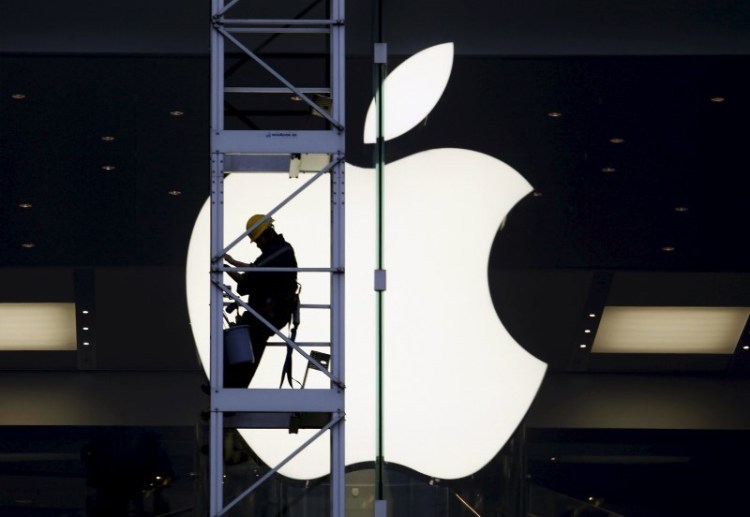(By Eric Auchard, Reuters) — Apple’s stance on privacy in the face of a U.S. government demand to unlock an iPhone belonging to one of the San Bernardino attackers has raised awkward questions for the world’s mobile network operators.
Top executives at this week’s global telecom industry gathering in Barcelona admit they are constantly trying to strike a balance between the expectations and demands of their own users, government regulators and national politicians.
Apple’s stand — it argues that to unlock the iPhone would violate its free speech rights — has brought questions over these competing forces to the fore, exposing gaps in some telecoms operators’ own approaches.
“It’s very complicated, we don’t have a clear position,” Vodafone Chief Executive Vittorio Colao said, adding that the UK-based mobile operator is in more than 25 countries and must respect the security laws in each of those and more.
“We have privacy and customer safeguards as our number one value…I understand why Apple has a similar concern,” he said.
However, for others, it is more clear-cut.
“Do I understand Apple’s position? No, honestly, it’s difficult for us to say that we share it,” Orange CEO Stephane Richard told journalists at the Barcelona event.
Richard, who runs France’s biggest telecom provider, said he appreciates Apple’s position on user privacy, but this must be considered alongside the need for security services “to have the maximum means to catch people who have bad intentions”.
Network operators are often subject to wiretapping and other “lawful interception” demands by governments.
Flying blind
One factor complicating life for Vodafone’s Colao and his peers is the loss of control over traffic running through their networks as customer data “goes dark”, which means it is encrypted automatically when using their phones or web browsers.
While no one has precise figures, industry experts say that soon, if not already, a majority of traffic buzzing around mobile networks will use end-to-end encryption.
This often leaves network operators, not to mention law enforcement agencies, blind to what’s being communicated.
It also has commercial consequences, with network management experts agreed that managing completely encrypted network traffic is posing new problems for operators already struggling to manage exploding user demand for video and other data.
Strong encryption interferes with operators’ dreams of using “big data” analytics on customer behavior for everything from improved call routing to fraud detection, marketing campaigns based on location or social network connections to developing new products and services, as their networks fill up with unrecognizable, encrypted data.
One study of a big Asian operator’s network by Japanese network equipment maker NEC Corp found that 63 percent of its traffic uses full-scale encryption.
This means network operators have to keep more spare capacity available at times of peak network usage to ensure quality of service.
“Encryption does affect back-end operational systems,” AT&T Chief Strategy Officer John Donovan said in an interview.
Industry experts say there are ways to manage different types of network traffic — video or voice calls need to arrive in real-time, while email, text messages and some audio and video can be delivered with short delays.
Operators can also calculate what kind of traffic transits over their networks without needing to know the content of data packets, several network management firms told Reuters, although keeping the plumbing going is not getting any easier for them.
(Additional reporting by Paul Sandle and Harro ten Wolde; Editing by Alexander Smith)
VentureBeat's mission is to be a digital town square for technical decision-makers to gain knowledge about transformative enterprise technology and transact. Learn More

